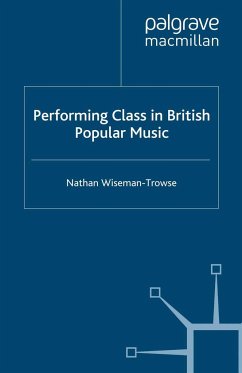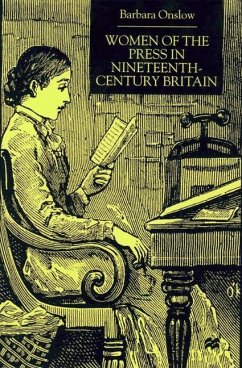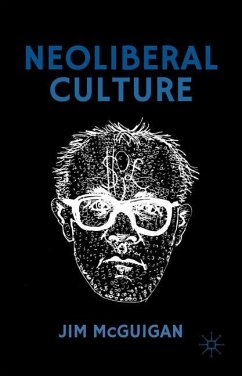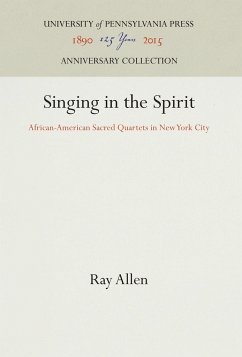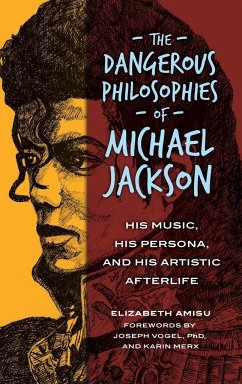
Performing Class in British Popular Music

PAYBACK Punkte
19 °P sammeln!
This new study of British popular music shows how it engages with class in mythical ways that allow audiences to perform class-based identities. Case studies on folk rock, punk and indie rock show how this performance works and explore the implications for listeners and audiences.





